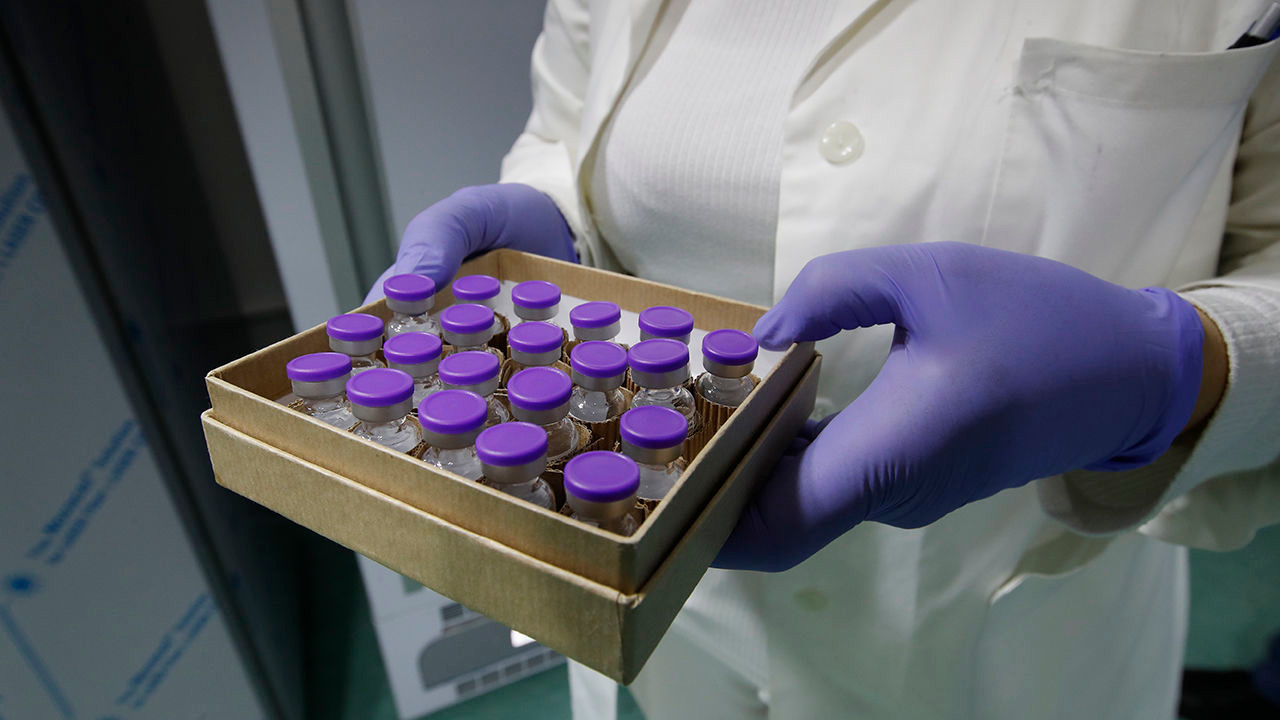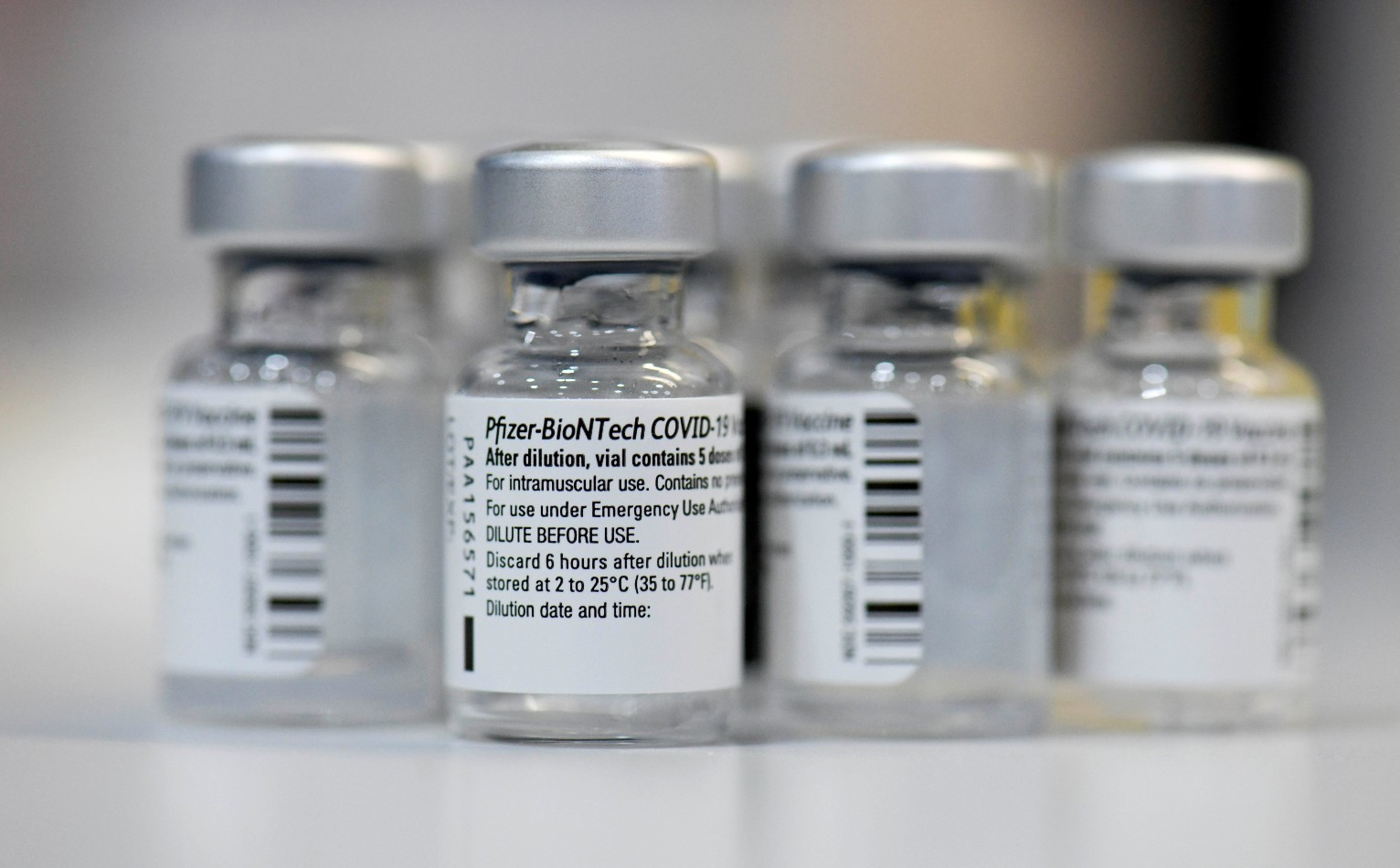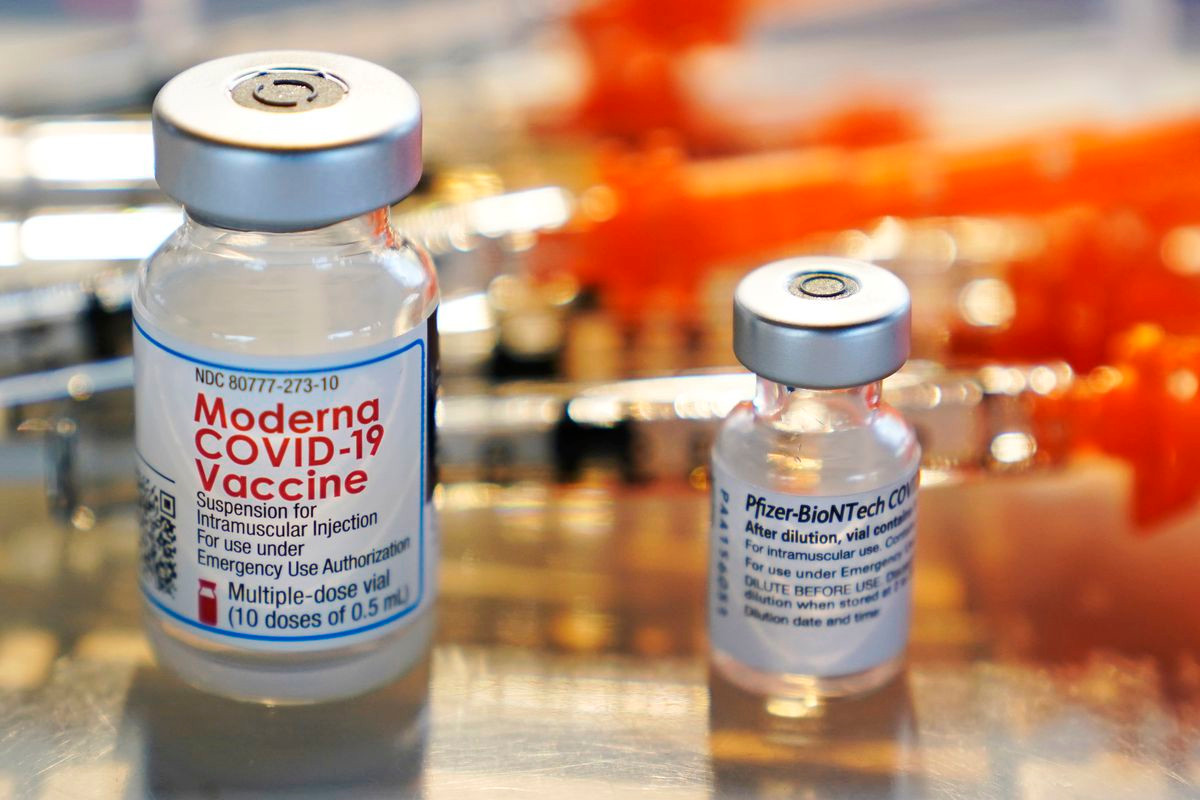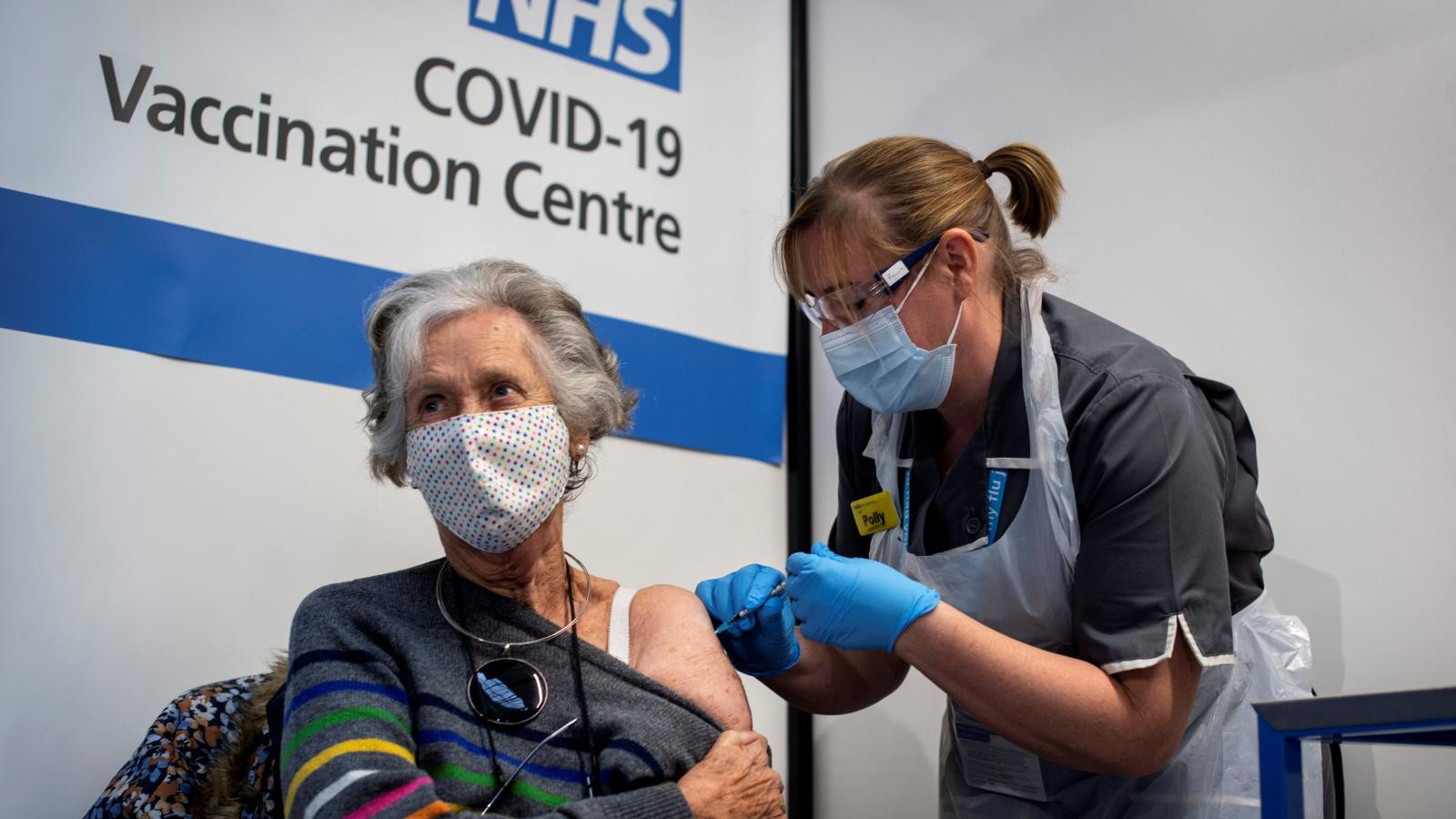
Will Pfizer’s COVID vaccine need a booster? Get the latest news
By now, you’ve probably heard the news: the COVID variants have come to town and are here to stay. Thanks to these evolved microbes, some of which are reportedly more contagious than the first round of Sars-Cov-2, we may need more vaccines from Pfizer, Moderna, and other medical companies who rolled out vaccines last spring.
During an event with CVS, Pfizer’s CEO dropped some more shocking news: “A likely scenario is that there will be likely a need for a third dose, somewhere between six and 12 months and then from there, there will be an annual revaccination, but all of that needs to be confirmed. And again, the variants will play a key role”, he said.
Let’s dive into what this revelation means for you, your immunity, and when (or whether) life will return to normal.

Let’s talk about boosters
It’s old news that vaccines often need boosters or multiple shots to remain effective. Influenza evolves so quickly that it’s recommended you get a flu shot every year. It’s also recommended you get your DTaP, or your tetanus shot, once every ten years so if you cut yourself on a rusty nail during that DIY project, you won’t get lockjaw.
Also, Pfizer’s CEO isn’t the only one who broke the news about boosters. Johnson & Johnson’s CEO Alex Gorsky echoed the same prediction to CNBC, detailing he expects people to need annual vaccinations like flu shots.
Part of this news about boosters isn’t just because of how COVID-19 will continue to evolve. It also has to do with how long the vaccines were proven to last during clinical trials.

mRNA
Both Pfizer & Moderna made their COVID vaccines using mRNA technology, and in clinical trials performed before their rollout, the Pfizer vaccine boasted an over 90% efficacy against contracting COVID and an over 95% efficacy for at least six months per the CDC. As for beyond six months, it remains to be seen.
Speaking in February 2021, when Pfizer, Moderna, and other vaccines were rolling out, Philip Dormitzer, who worked on the Pfizer vaccine and the H1N1 shot told Science Magazine this is “not the end of the process” despite initial optimism in the news.

“The virus throws out new variants and we need to evaluate those and be prepared to respond. And there are many other things: . . . How will the vaccine work in special populations? What reactions are people having? How do we improve things like temperature stability? The vaccine’s authorized. It’s wonderful to see it being used,” Dormitzer explained.
However, when Dormitzer spoke about the Pfizer vaccine, he gave some cautiously optimistic news. He detailed the trials worked well, “but we need to be prepared for the possibility that there could be some reduction in effectiveness. We see no evidence of that yet. We know [from our trial results] that we see protection—not full protection, but protection—starting at 12 to 14 days after that first dose.”
Vaccines everywhere
Another issue in the news about Pfizer’s and other COVID vaccines’ efficacy is how available the COVID vaccines are worldwide. ONE, an organization dedicated to ending extreme poverty and preventable diseases around the globe, cautioned that unless the vaccine is distributed quickly worldwide, the pandemic will continue to mutate, leading to more lockdowns and possibly necessary boosters.
ONE’s campaign for more accessible vaccines globally, Pandemica, cites that less than 1% of vaccines have been administered in low-income countries. Other news sources have detailed that the vaccines, Pfizer specifically, need special storage that lower-income countries may not be able to afford.
Their campaign, Pandemica, uses different narratives to explain if some people can’t receive vaccine doses, or receive a minimal amount, it will cause the virus to mutate & spread, possibly rendering previous vaccines ineffective. The stated purpose of ONE’s Pandemica shorts is to explain how wealthier countries need to distribute surplus vaccines to lower-income countries to stop the spread & mutation of COVID.
“And don’t think you’re safe just because you live in a nation where you can get a vaccine. There are over 4,000 variants of COVID-19 and some are more transmissible than other strains. The longer we allow this virus to thrive anywhere, the more it can mutate, putting everyone at risk of living in Pandemica,” which they further describe as a “purgatory” with no clear end of COVID in sight.

Some good news
For those with access to the vaccine, it’s proven effective against some of the variants. Dormitzer told Science Magazine that Pfizer has already tested against some variants and the results looked promising.
“I can say broadly that our findings are very similar to others’, in that you do see more reduction in neutralization with the South African variant than with the U.K. variant. We are also running similar tests against [a variant in Brazil]. We are hoping to get both the South African and the Brazilian data out very soon. At the rate that this virus is spinning out variants, we will be continuing to do this for quite some time.”
—
Do you think we’ll need booster shots to eliminate COVID? If so do you think these boosters will be inevitable thanks to mutation, because vaccines will wear off, or because vaccines won’t be distributed fast enough? Let us know in the comments!



